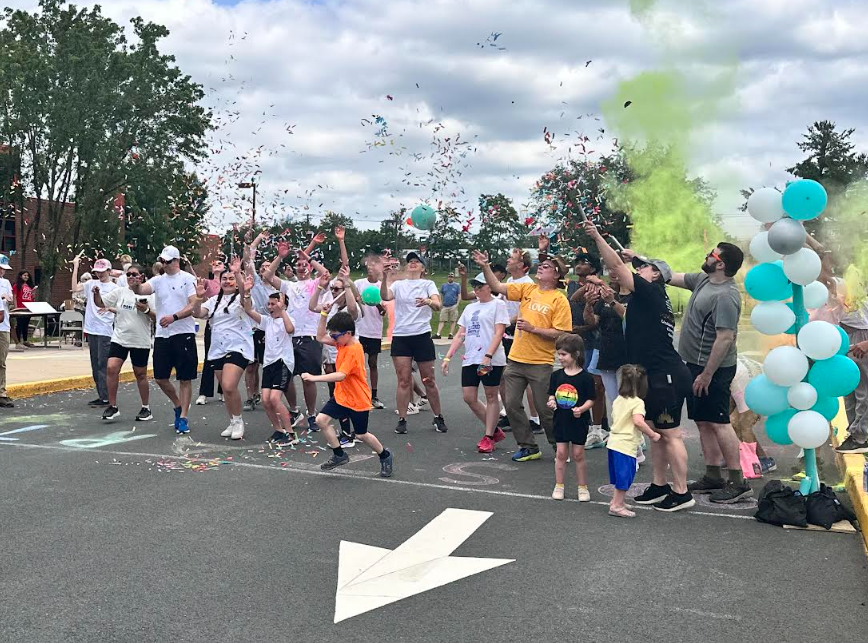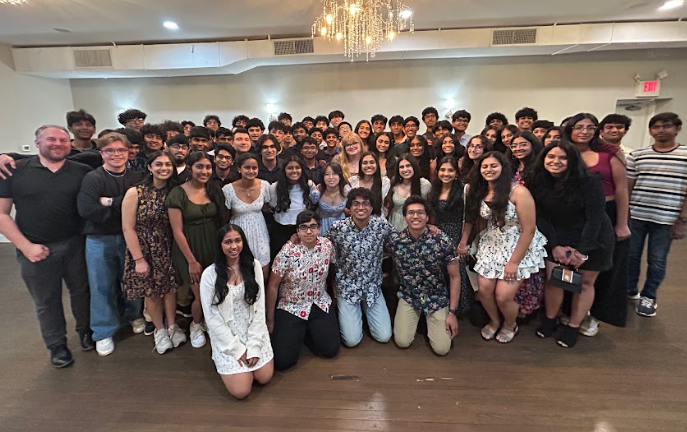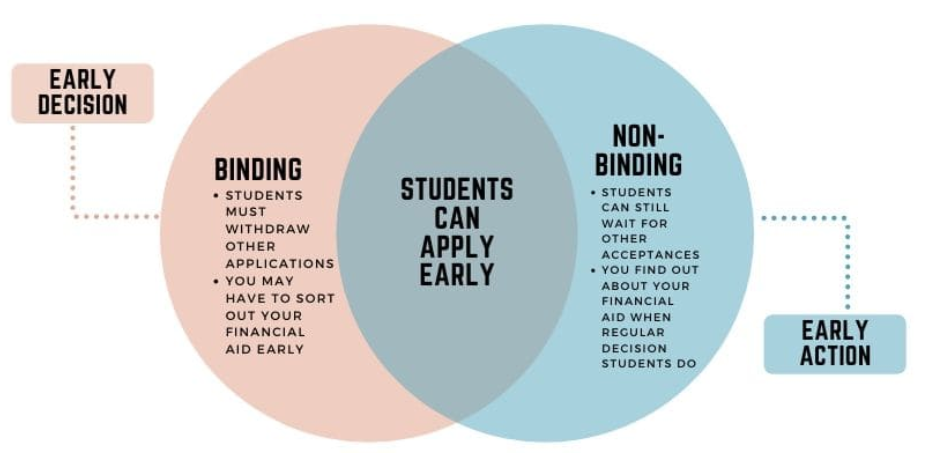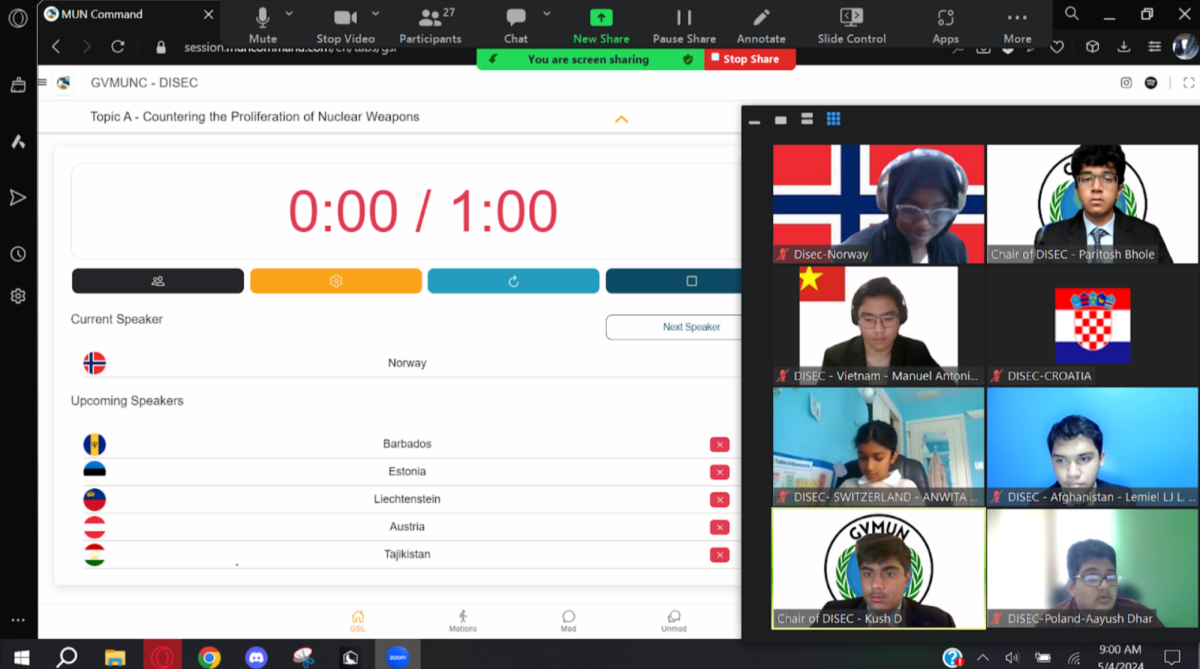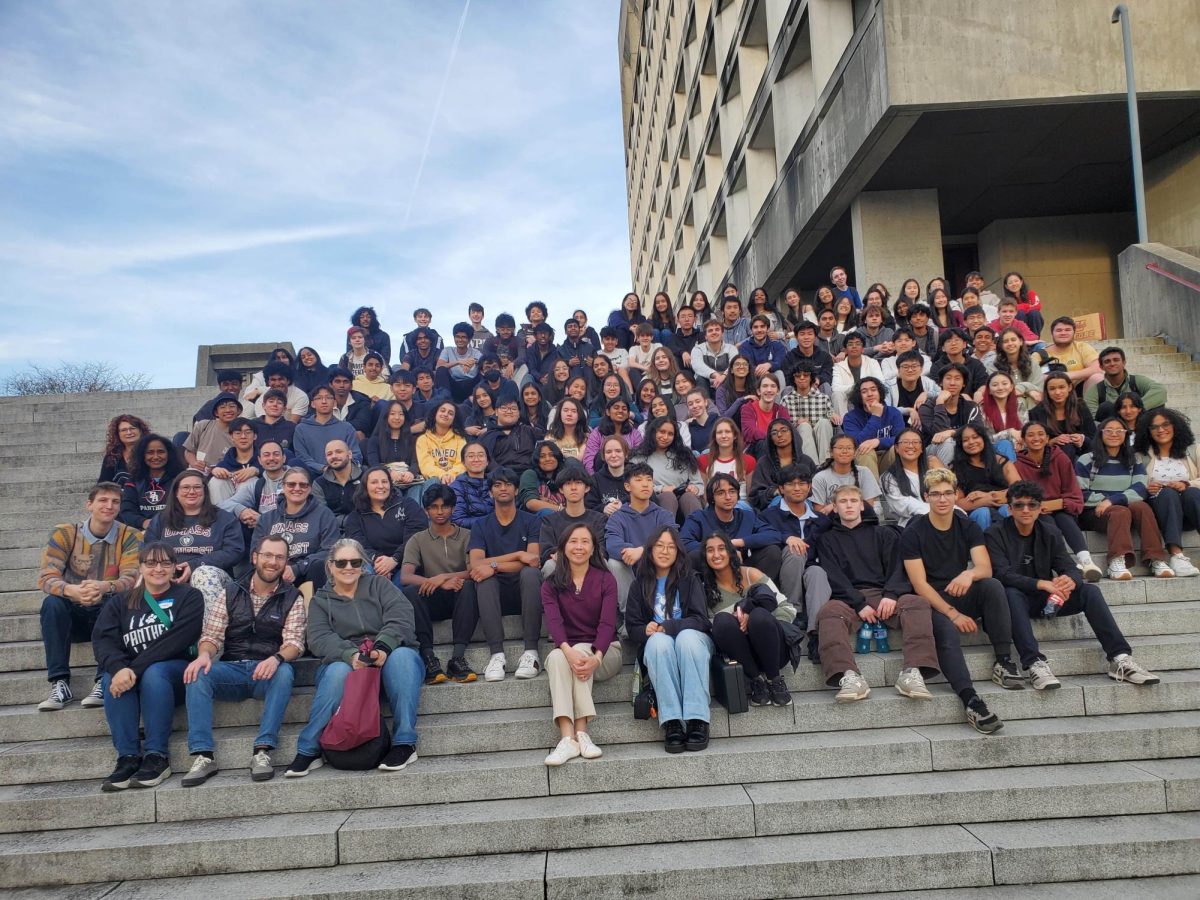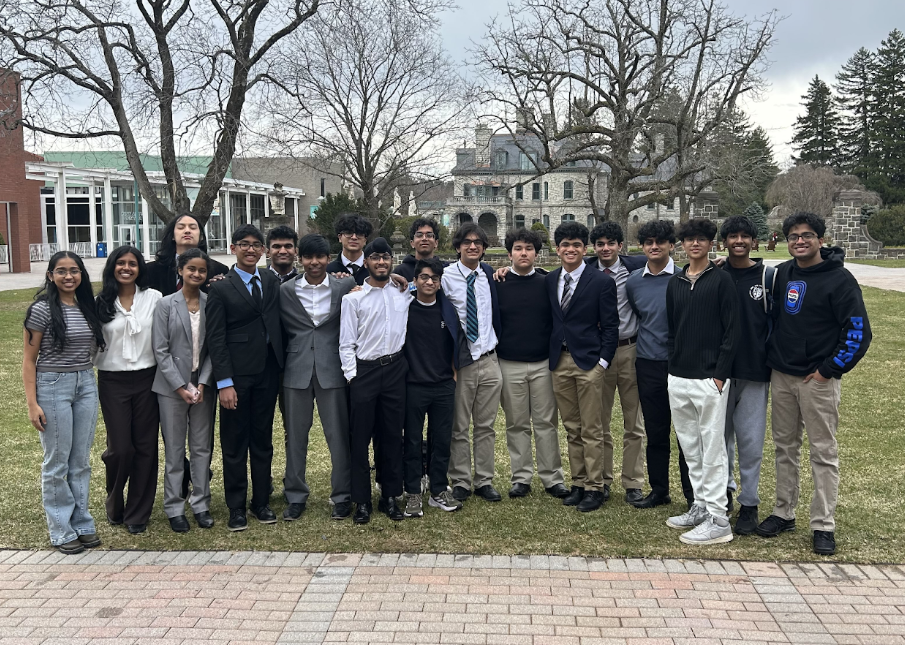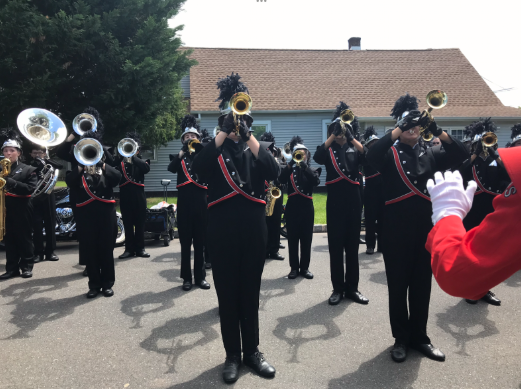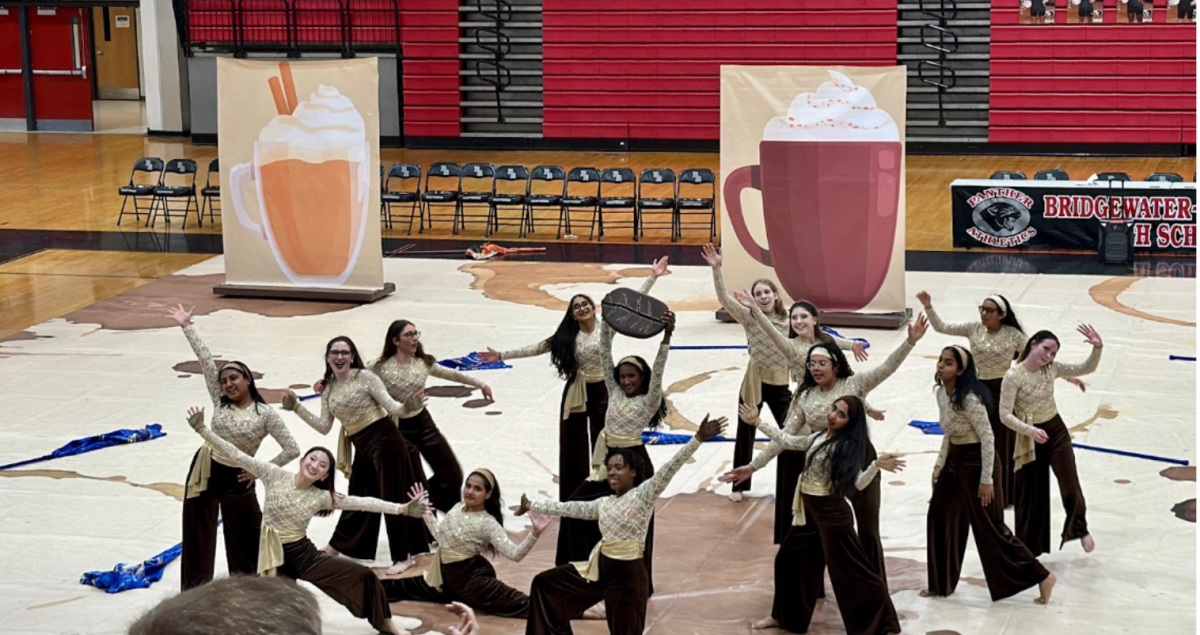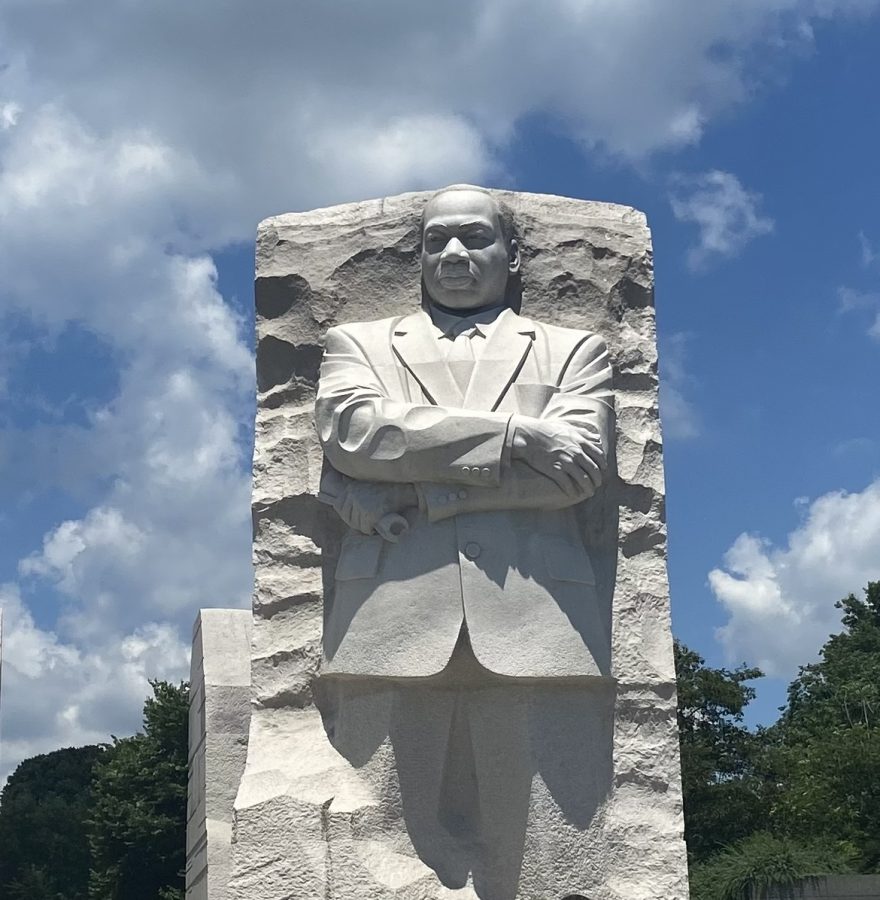MLK, Jr.’s Legacy
Memorial statue of Martin Luther King, Jr. located in Washington, D.C.
January 26, 2023
On Jan. 16, 2023, the entire Bridgewater-Raritan Regional School District had off. This was in tribute to Martin Luther King (MLK), Jr., a historical figure known for his actions toward ending segregation and racism across America.
Originally born Michael King, Jr. on January 15, 1929, he was the second of three children. After an enlightening visit that opened his father’s eyes to the racial injustice in the world, MLK, Jr.’s father changed both his and his son’s names to Martin Luther King.
Inspired by his father, MLK, Jr. began to organize protests against racial discrimination right after he became a pastor at a church in Atlanta. Some major events he conducted include the Montgomery bus boycott, Atlanta prison sit-ins, the Albany Movement, and the Birmingham Campaign. These all helped to push forward the idea that racial discrimination was an underlying evil in society and made people begin to question the role race had.
In 1963, MLK, Jr. conducted his famous March on Washington. With the reluctant help of President John F. Kennedy and other prominent civil rights leaders, MLK, Jr. managed to bring a quarter-million people of diverse backgrounds to the capital of the U.S.
There, he delivered his famous “I Have a Dream” speech, where he shared his vision for America — a free society that judged people based on their merit rather than on the color of their skin. This march and speech brought nationwide attention to the issue of racial inequality and made people more vocally supportive of change.
Following this event, more and more actions were taken against the discrimination placed upon people of color. This led to legislation and acts being passed, such as the Civil Rights and Voting Rights Act which finally treated non-whites as proper citizens of the U.S.
However, MLK, Jr.’s life was cut short. On April 4, 1968, he was assassinated. Following his death, mass riots and protests occurred. Presidential candidate Robert F. Kennedy made an impromptu speech to preach the non-violence that MLK, Jr. pursued and how it should continue.
Today, MLK, Jr. is recognized as a champion of civil rights across the world. In South Africa, his work helped lead to the end of Apartheid. In the UK, MLK, Jr.’s work led to the first black bishop in the nation’s history being appointed. And in the U.S., the Monday of the week he was born is recognized as a national holiday to honor his legacy of paving the way for equality in America — regardless of the color of your skin.

